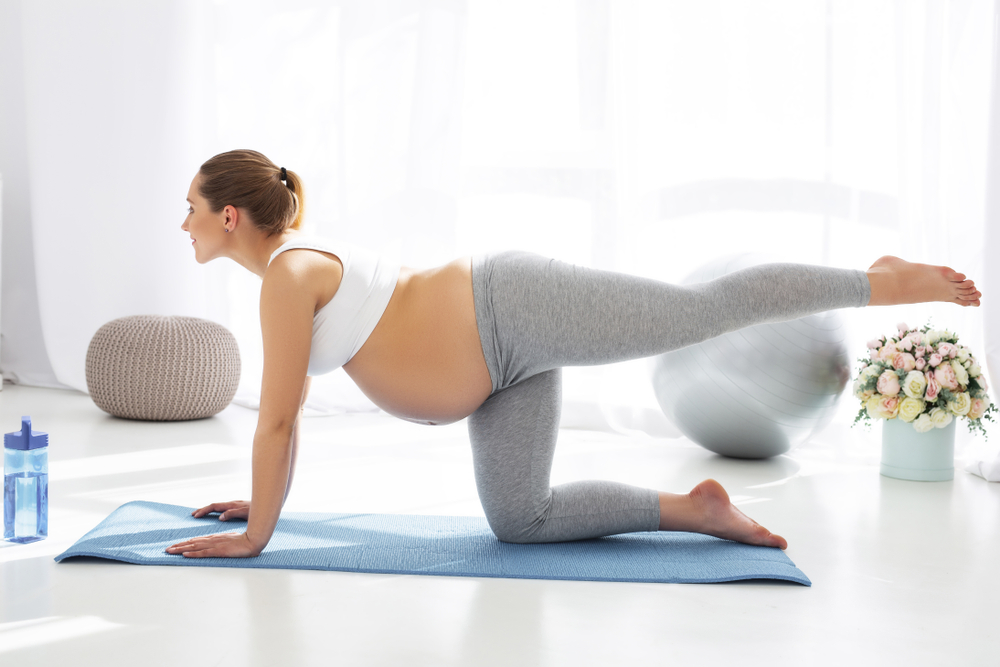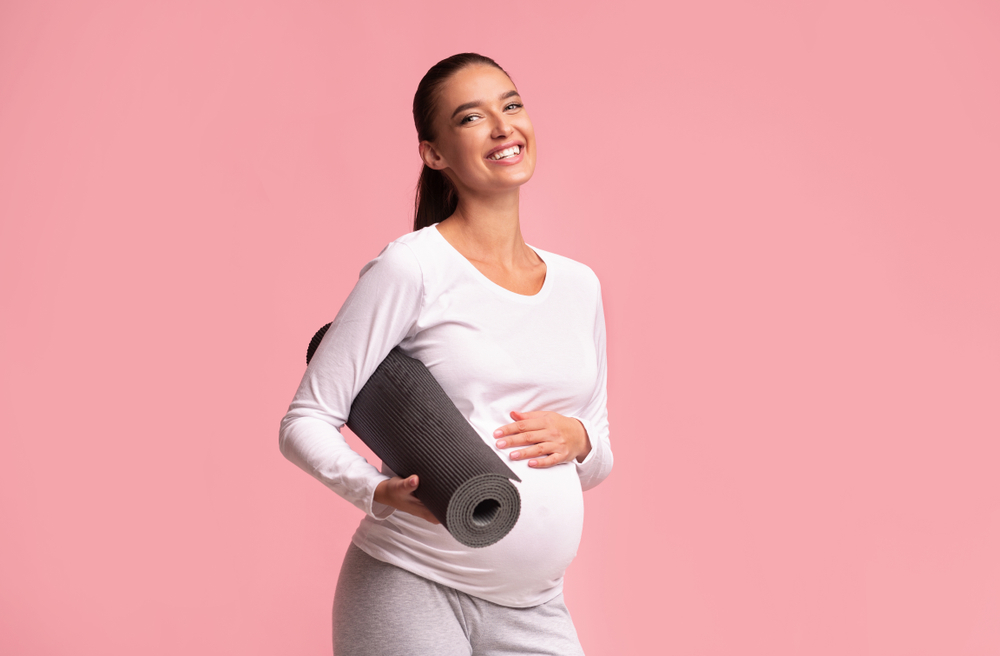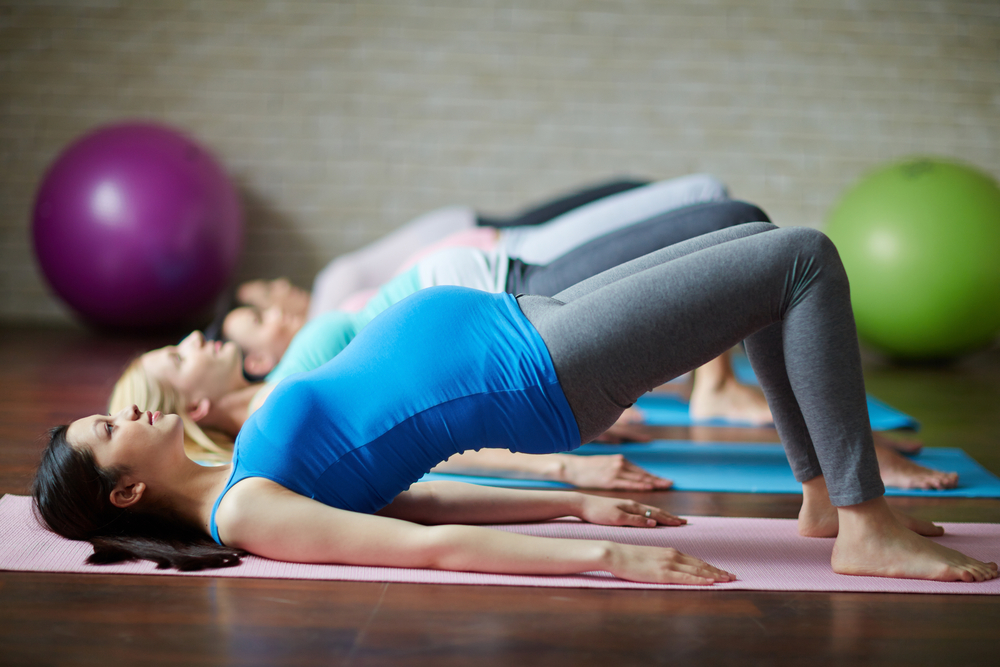




Breathing, stretching, anti-stress: why practising yoga is a panacea for pregnancy
Who said that sport doesn’t fit in with a baby bump? There are physical activities that are compatible with pregnancy and, unless you have a high-risk pregnancy, can help the well-being of mother and baby. Obviously, we are not talking about extreme sports or practices that could endanger the health of the pregnant woman and the baby, but ‘gentle’ activities that promote the ‘health’ of the muscles.
What are these sports? Although they are disciplines that do not involve particular physical stress, it is a good idea, before starting any sport, to consult your gynaecologist who has the complete clinical picture of your pregnancy. The following activities are recommended to mothers with a baby bump: yoga, swimming, water aerobics, pilates, walking, stretching, and bodyweight exercises. These are not too hard sports that help mothers stay in shape and better cope with pregnancy.
Having said that and with this overview, we focus in particular on yoga, which someone describes as a panacea for expectant mothers. This type of activity allows a soft stretching of the muscles and at the same time enables the mother to become aware of her changing body and draw the right energy from it. In the meantime, let’s see what it is all about. If we had to describe a yoga class, we would divide it into four stages: starting with breathing, concentrating on slow, deep inspiration and exhalation through the nose; continuing with gentle stretching; then, you are invited to perform various positions that stimulate flexibility, strength and balance; and finally, relaxing the muscles while controlling the breathing rhythm.
There are several studies showing the beneficial effects of yoga for a pregnant woman. Improving breathing and releasing muscle tension, this practice promotes blood oxygenation. The muscle-stretching positions provide relief and improve posture, benefiting the back. Especially as pregnancy progresses, when with a growing baby bump the weight shifts forward and the arching and fatigue of the lower back muscles can lead to pain, yoga can help prevent muscle imbalances and alleviate discomfort. The benefits are not only physical but also mental: this practice also improves serenity, an aspect that should not be underestimated especially in the first trimester of pregnancy, when hormones are all in turmoil.
However, it must be practised with attention. Jumps or extreme unbalancing positions that could create problems for the embryo yet to settle should be avoided. Calming the body and mind, yoga reduces anxiety and stress. Regular exercise also improves blood circulation and the lymphatic system. This reduces swelling and heaviness in the legs. There is another benefit that should not be underestimated: you learn to breathe. With yoga you focus in particular on thoracic breathing, which is useful for relieving the pain of childbirth and ensuring a regular and constant supply of oxygen to the baby. The practice is also a good preparation for childbirth as certain positions help the foetus to find the right position for childbirth.
This overview is not enough to guarantee safe exercise. So here is some basic advice. Before starting yoga, and any sports activity in general, consult your doctor. As a ‘training programme’ aim for a feasible goal, for example 30 minutes several times a week. Practice yoga in a well-ventilated room, drinking plenty and staying hydrated during the session, avoiding certain positions such as lying on your stomach or back, and finally, never go too far. Whatever sport you decide to practise during pregnancy, use moderation.
(Monica Di Lecce)


